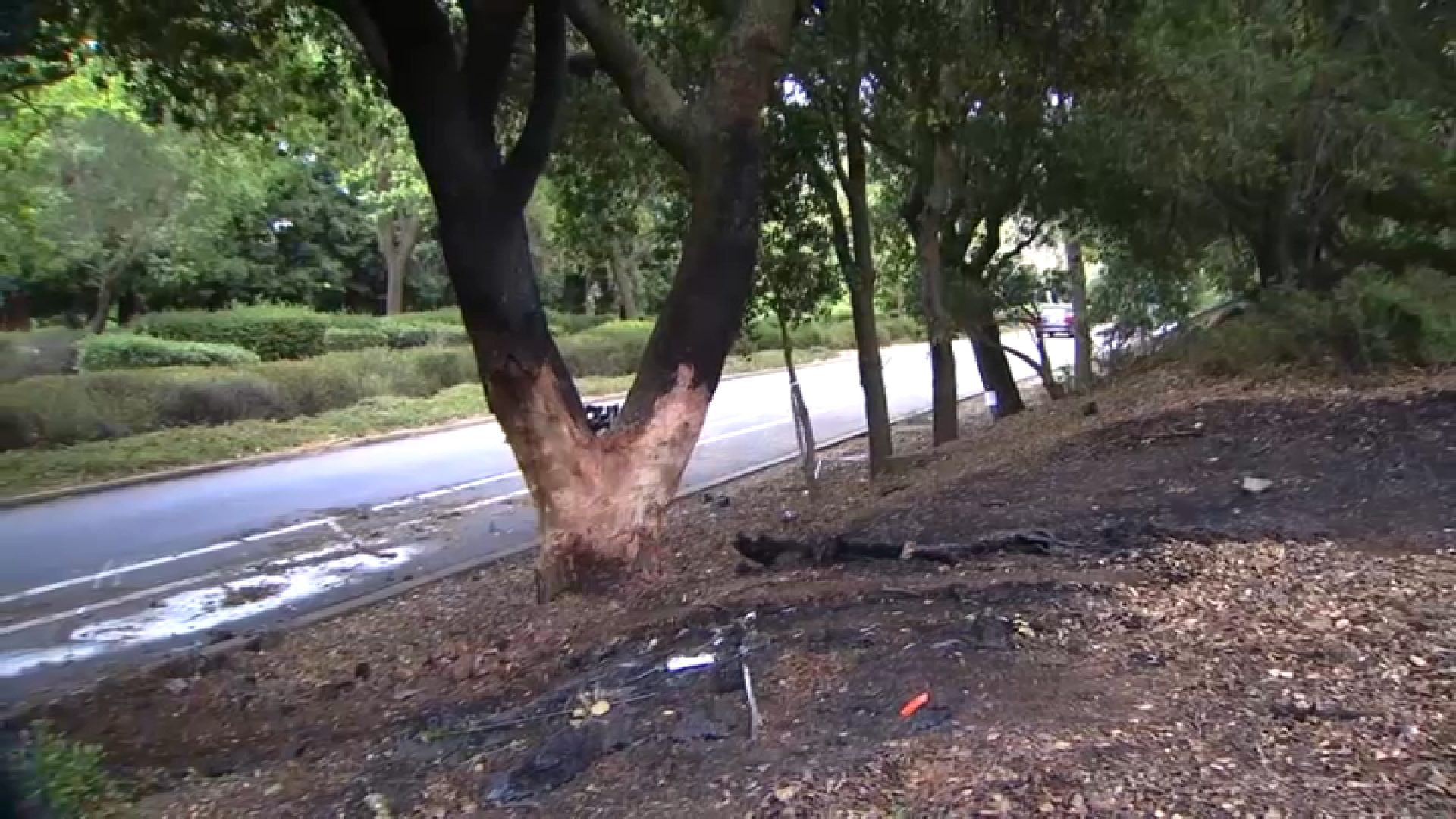Bay Area residents may soon have the ability to pay for super-fast Internet services under a new expansion plan announced by AT&T.
The company reported plans to cover as many as 100 municipalities in 25 metropolitan areas with its service, called GigaPower.
The new Internet service has a 1 gigabit per second speed that is about 100 times what U.S. consumers typically get with broadband.
That means faster video downloads and the ability for more devices to connect to the network without congestion.
AT&T currently has such speeds in Austin, Texas, and has committed to offer the service in Dallas.
The company is also in advanced talks to bring GigaPower to two additional markets, Raleigh-Durham and Winston-Salem, N.C.
The new metropolitan areas targeted by AT&T are: Atlanta, Augusta, Ga., Charlotte, N.C., Chicago, Cleveland, Fort Lauderdale, Fla., Fort Worth, Texas, Greensboro, N.C., Jacksonville, Fla., Houston, Kansas City, Los Angeles, Miami, Nashville, Tenn., Oakland, Calif., Orlando, Fla., St. Louis, San Antonio, Texas, San Diego, San Francisco and San Jose, Calif.
AT&T Inc. said Monday that the specific number of markets beyond its initial four will depend on discussions with local officials and assessments of potential demand. The company said it may start building some of the new networks by the end of the year.
In many of these markets, only certain cities and towns will get the service. All told, AT&T is targeting about 100 municipalities.
Local
AT&T didn't announce prices. In Austin, the service costs $70, or $120 when bundled with television service.
A rival offering from Google Inc., known as Google Fiber, is available in Kansas City and is coming soon to Austin and Provo, Utah.
Smaller companies and public utilities offer or plan such speeds in a handful of other markets throughout the U.S.
Verizon said that although it hasn't seen widespread demand for a 1 gigabit service yet, the rival offerings are indicative of growing demand for super-fast Internet.
Cable Internet services typically cost less, but deliver slower speeds. And with most cable services, sending data is typically slower than receiving content, making online backups and video sharing impractical or painfully slow. AT&T's service is symmetrical, so uploads and downloads are comparable.



